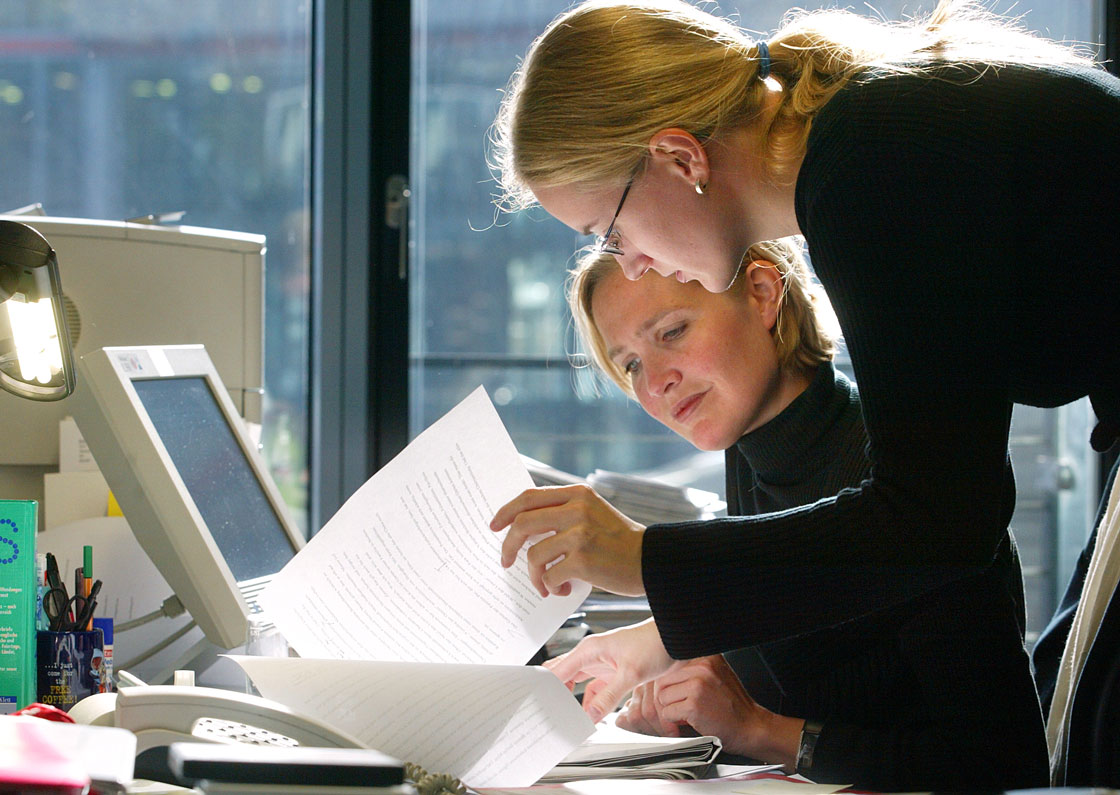A U.N. agency is mounting a worldwide campaign for equal pay for women, who get 24 per cent less than men on average around the world.

Recent estimates by the International Labor Organization shows gender inequality in employment across Asia alone is costing $45 billion a year, with 45 per cent of working-age women outside the labour force compared to 19 per cent for men, the leader of the U.N. Women agency, Phumzile Mlambo-Ngcuka, told a forum at the Asian Development Bank headquarters.
She said if female employment were to match male employment, per capita GDP would rise 19 per cent in Southeast Asia and 27 per cent in the Middle East and North Africa.
“We are definitely going to go on a major campaign on equal pay – this is one of the issues we are putting to heads of state, we are also putting that to private sector,” she said. “The issue of equal pay is paramount because we have to win some battles in order for women to be in a position to believe that we’re making progress.”
MORE: Conservative MP’s take on wage gap? Women choose lower paying jobs

Get weekly money news
U.N. Women is pushing for the implementation of a stand-alone goal on gender equality and empowerment for women and girls known as Goal 5 of the 17 Sustainable Development Goals to be launched at the United Nations at the end of the month.
Women from Wall Street to the sugar cane farms in Brazil to the factories in South Africa who are paid less than their male peers for equal work have talents that are not valued, and allowing that to continue would be tolerating violation of women’s rights, Mlambo-Ngcuka said.
Seventy-five per cent of women around the world who work outside the home are in the informal sector which means they do not have protected work, minimum wage, and pensions, leaving them poor in their old age, Mlambo-Ngcuka said.
The ADB and U.N. Women announced Tuesday that they will collaborate on a study to track Asia and the Pacific’s progress in meeting its gender equality goals under the SDGs framework runs to 2030. The study will focus on SDG Goal 5 but will also include all goals and targets to improve women’s lives.
SDG Goal 5 aims to end all forms of discrimination, violence and harmful practices against women and girls. It also aims to recognize and value unpaid care and domestic work.
ADB President Takehiko Nakao said while the Asia-Pacific region has made progress on gender equality in some areas, it falls short in other areas.
“We must address challenges in areas such as maternal health and employment by creating decent jobs, and ensuring wage parity so women and men, girls and boys reach their full potential,” he added.
WATCH: When it comes to bridging the wage gender gap Canada is lagging far behind other countries. Grace Ke reports.




Comments